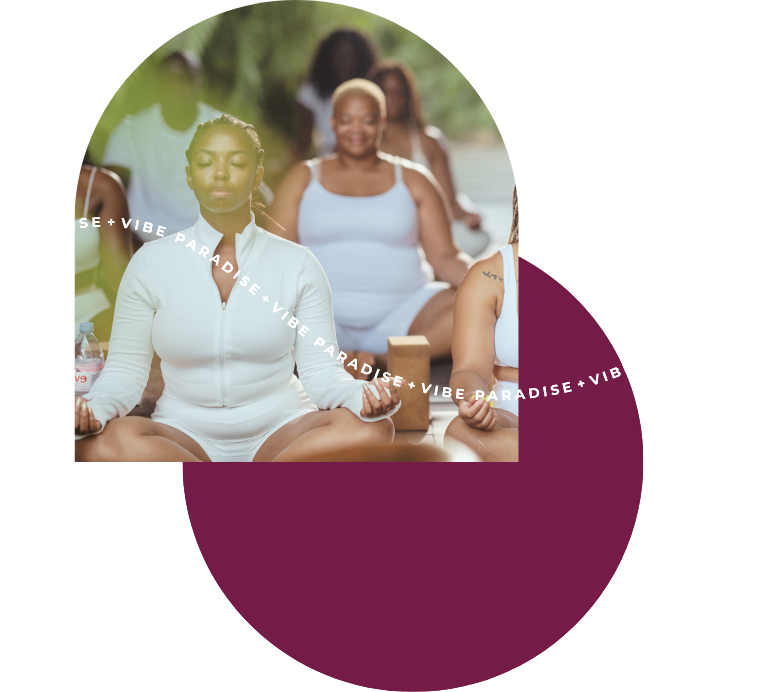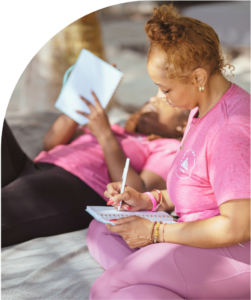
Join the vibe
Find your people
Paradise + Vibe is a global wellness retreat where rest becomes ritual, strangers become friends, and every trip shifts the way you see the world.

22:59:22 INSTANBUL TURKEY SEPTEMBER 04-10, 2026
Next Destination:
Turkey 2026
Convergence
Where Continents Meet, and You Return to Yourself
Form Your Tribe
The journey to wellness can feel complicated and overwhelming – our experiences are designed to create a community that will support and empower you for years to come.
Experience a safe haven of inclusivity and good vibes. Prepare to level up your mental, physical and spiritual well-being, forging unforgettable connections that will form your lifelong tribe.
Rejuvenate Your Mind, Body + Spirit
Paradise + Vibe takes your mind, body, and spirit to new places – literally! Get ready to embark on unforgettable global retreats that reimagine wellness. We’re not just about relaxation; we’re about crafting experiences that allow you to form your tribe and reclaim your luxury to play. It’s more than just a trip; it’s a life-altering journey of connection and unapologetic good vibes.
Reclaim Your
Luxury to Rest
The luxury of rest holds immense importance for people of color. It is a means to restore balance, reclaim agency, and rewrite narratives. We provide inclusive spaces where all individuals have the freedom to indulge in the transformative power of rest.

"I make life-long friends every trip, I am forever impacted by Paradise + Vibe"
— Brittany G
What makes our approach to wellness unique?
REPRESENTATION
Challenging wellness norms, our safe space fosters exploration, representation, and care for all.
PLAY
We encourage adventure, creativity and curiosity, making wellness enjoyable and sustainable.
FREEDOM
We reject strict diets and rigid ways of thinking, promoting accessible and lasting lifestyle changes.
CONNECTION
We prioritize building connections and fostering a supportive community.
Our Founders
Paradise+Vibe was birthed in October 2020 on the white sandy beaches of Travellers Beach Resort in Negril, Jamaica. Founded by Iana Edwards and Kasondra McConnell. Our retreat programming is centered around health, nutrition, yoga, meditation, manifestation, and adventure
iana Edwards
RYT 350 Certified Yoga
Instructor + Wellness-Prenuer
Kasondra McConnell
Real Estate Broker + Creative Entrepreneur









